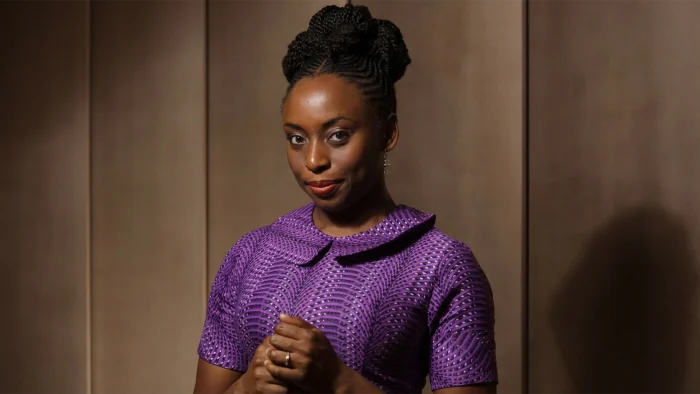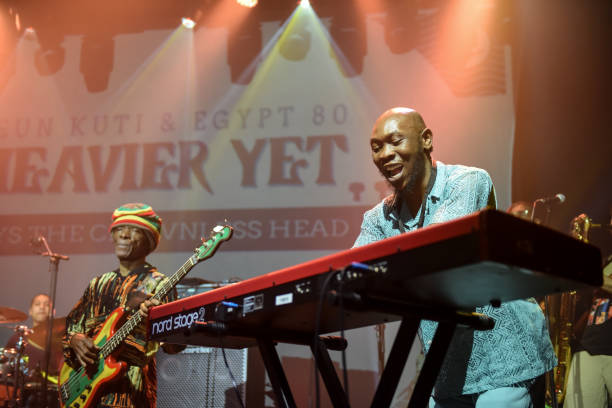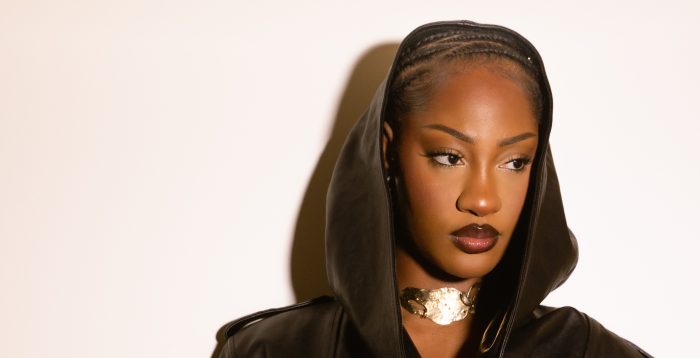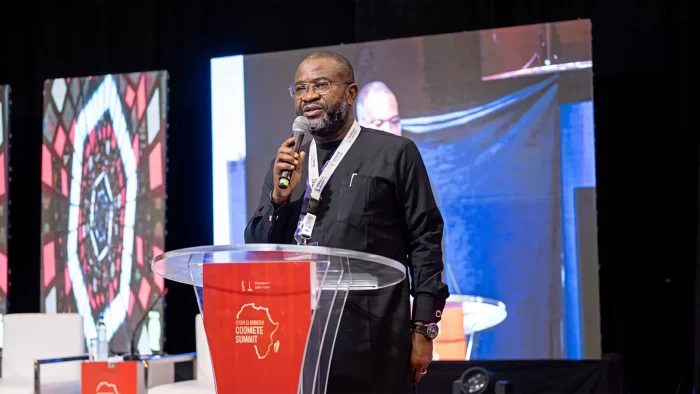Chimamanda Ngozi Adichie is known for her thoughtful talks, books and other forms of literature, and strong views on a number of controversial topics. The Danger of a Single Story is one very memorable TED talk she gave in 2009. This talk still remains extremely relevant, even to those who have listened to it before.
Adichie talks about her early days as a writer and how her stories were formed based off what she had read, even though she had never experienced it at the time. In her talk, she discusses the impressions one story, or a part of it, could form. A single story is never complete; it tells only a part of a whole story. She mentions the way people in other continents have a single story of Africa, one of catastrophe.
So after I had spent some years in the US as an African, I began to understand my roommate’s response to me. If I had not grown up in Nigeria, and if all I knew about Africa were from popular images, then I too would think that Africa was a place of beautiful landscapes, beautiful animals and incomprehensible people fighting senseless wars, dying of poverty and AIDS, unable to speak for themselves, and waiting to be saved by a kind, white foreigner. I would see Africans in the same way that I as a child had seen Fide’s family. This single story of Africa ultimately comes, I think, from Western literature. Now, here’s a quote from the writing of a London merchant called John Locke who sailed to West Africa in 1561 and kept a fascinating account of his voyage. After referring to the black Africans as beasts who have no houses, he writes, ‘They are also people without heads, having their mouths and eyes in their breasts.’ Now I’ve laughed every time I’ve read this and one must admire the imagination of John Locke. But what is important about his writing is that it represents the beginning of a tradition of telling African stories in the West, a tradition of sub-Saharan Africa as a place of negatives, of difference, of darkness, of people who, in the words of the wonderful poet, Rudyard Kipling, are ‘half devil, half child’. And so, I began to realise that my American roommate must have, throughout her life, seen and heard different versions of this single story.
[ad]
At some points in our lives, we have been guilty of viewing a people or a person through one story only. Many times, it is not our faults because we may have had access to only one story or a part of a story, thanks to books and the media. Other times, we are too lazy to find other stories, so we stick to only one and form stereotypes on this one story. This is why some people feel that all Muslims are terrorists, every Nigerian is fraudulent, and feminists are man-haters who do not cook for their husbands. This is grossly untrue.
So that is how to create a single story. Show a people as one thing, as only one thing over and over again, and that is what they become… The single story creates stereotypes, and the problem with stereotypes is not that they are untrue but they are incomplete. They make one story become the only story.
Stories matter. Many stories matter. Stories can be used to dispossess people, but can also be used to empower people and repair their broken dignity. We need to realise that there is never a single story of any place. It is important to read diversely and explore cultural similarities as much as we do cultural differences. This is the only way we can get rid of single stories and the dangers they pose, and regain paradise.
[ad]








